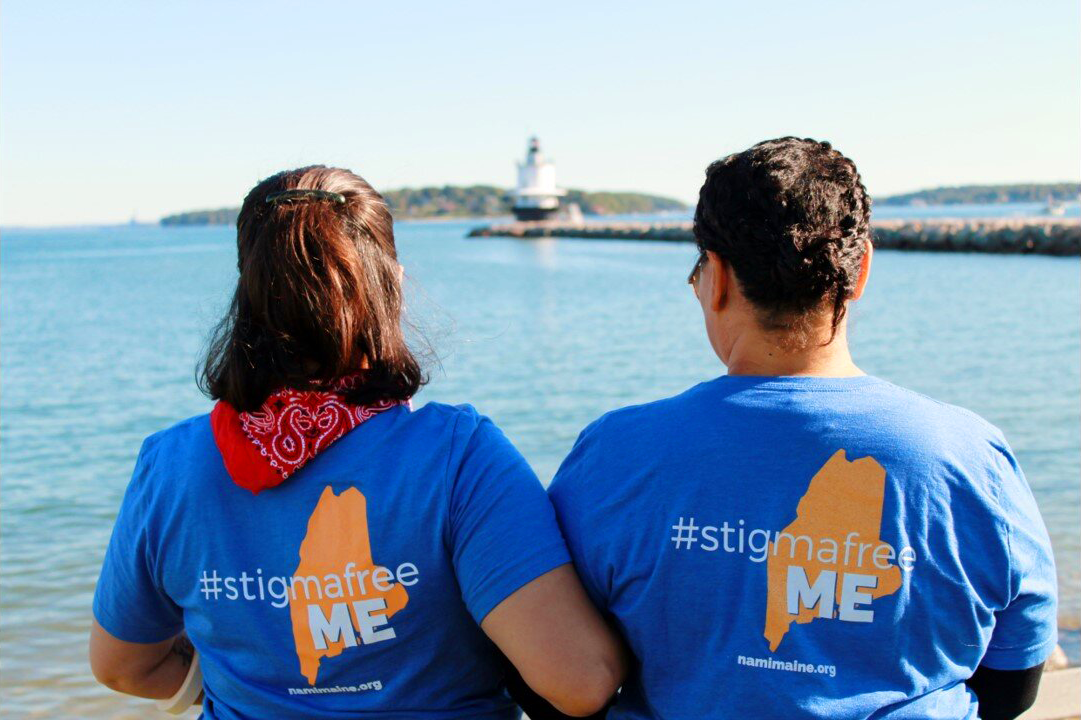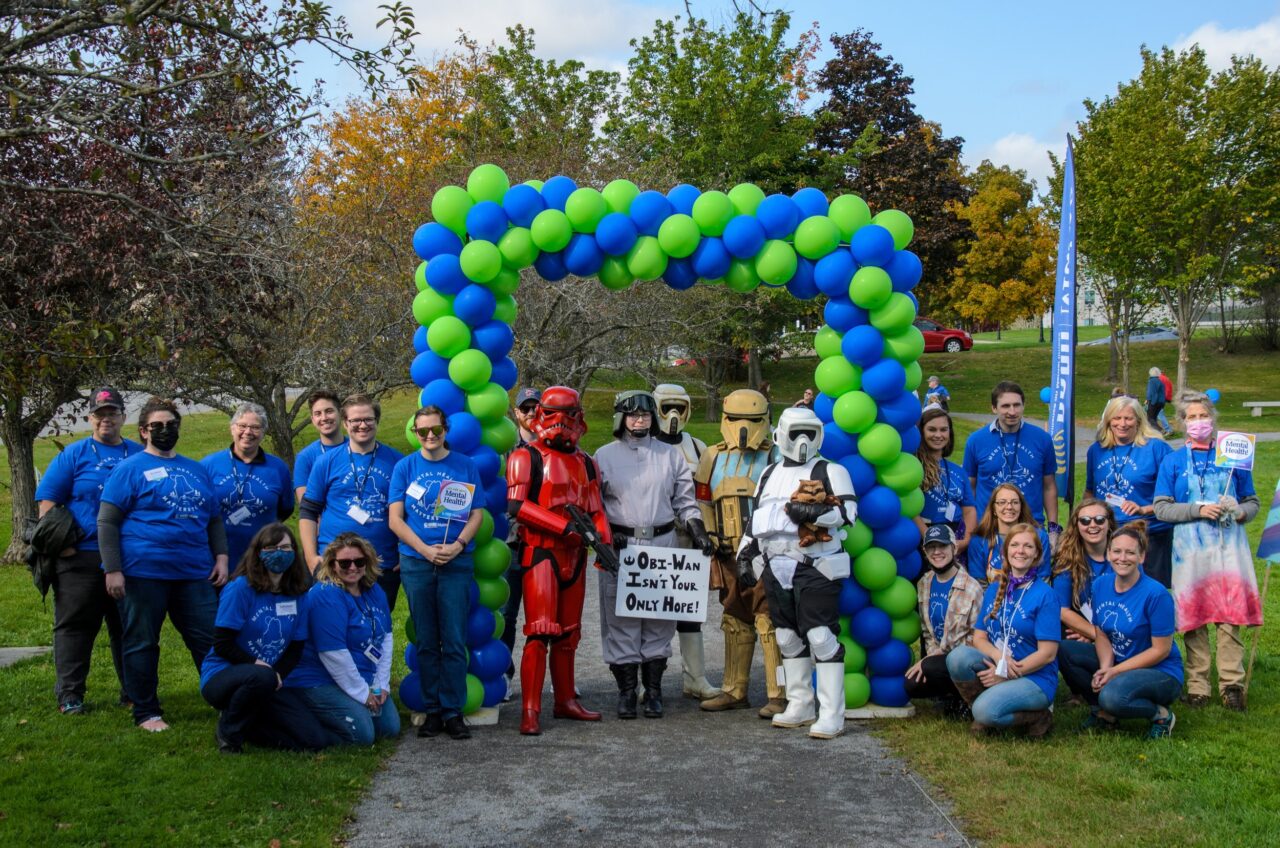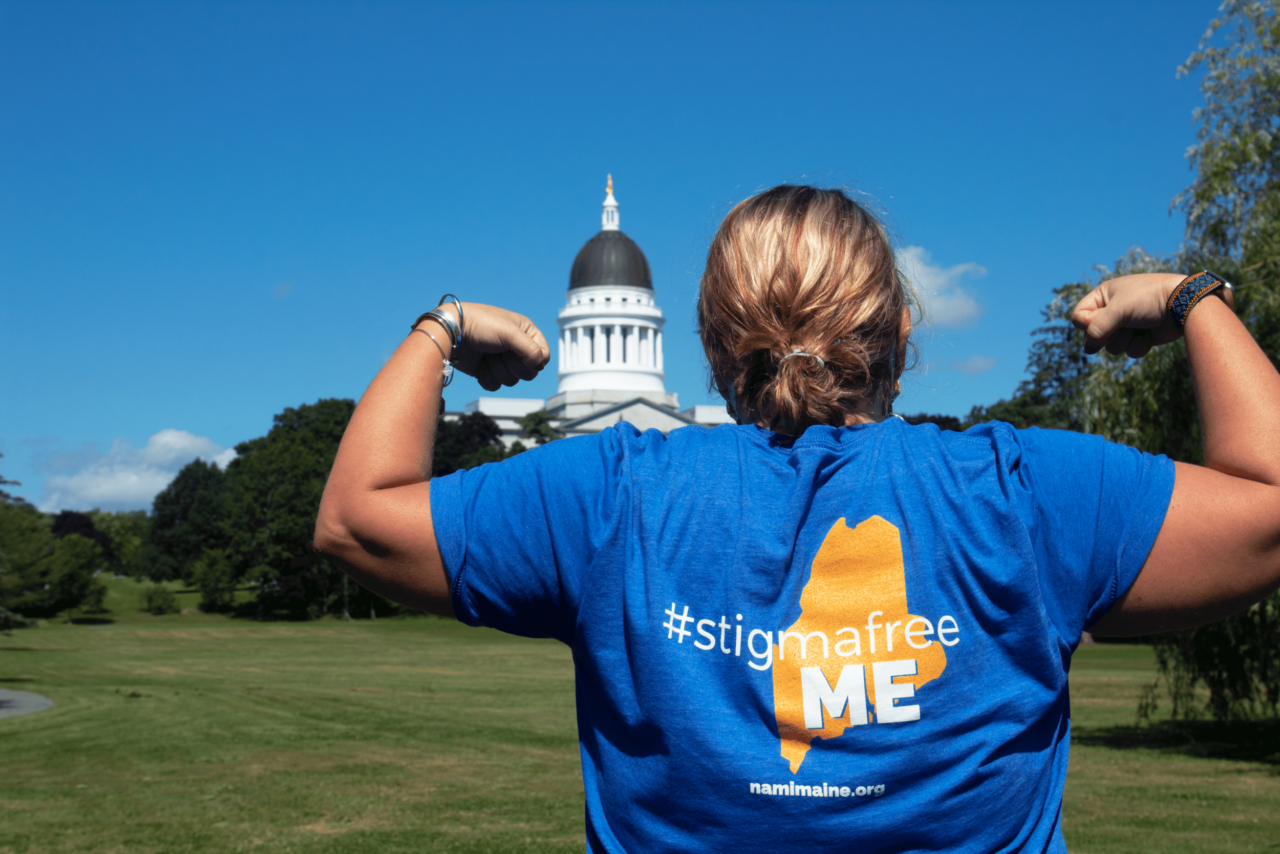Traumatic stress can shatter your sense of security, leaving you feeling helpless and vulnerable in a dangerous world. You may feel physically and emotionally drained, overcome with grief, or find it difficult to focus, sleep, or control your temper. These are all normal responses to abnormal events.
CLICK HERE to download our Brochure & SHARE with anyone who might need it. >
*Above brochure is written in English. Scroll down for printable brochures in various languages.
It is natural to feel afraid during and after a traumatic situation. Fear is a part of the body’s “fight-or-flight” response, which helps us avoid or respond to potential danger. People may experience a range of reactions after trauma, including:
- Feeling anxious, sad, or angry
- Trouble concentrating and sleeping
- Continually thinking about what happened
Physical Responses to Trauma:
- Headaches
- Stomach pain and digestive issues
- Difficulty falling asleep or staying asleep
- Having a racing heart and sweating
- Being very jumpy and easily startled
What can I do to cope after a traumatic event?
Healthy ways of coping can help reduce stress and improve well-being. Here are some things you can do to help yourself:
- Avoid the use of alcohol or drugs
- Spend time with trusted friends and relatives who are supportive
- Try to maintain routines for meals, exercise, and sleep
- Engage in exercise, mindfulness, or other activities that help reduce stress
- Set realistic goals and focus on what you can manage
Tips for yourself and individuals you may be supporting:
1: Minimize Media: While some survivors or witnesses of a traumatic event can regain a sense of control by watching media coverage of the event or by observing the recovery effort, others find that the reminders are further traumatizing. At least set the limit of not checking media before bed.
2: Accept Your Feelings: a wide range of emotions will come up accepting these feelings and allowing yourself to feel what you feel, is necessary for healing. Be gentle and respectful of others’ emotions and reactions, even if you don’t understand them. Don’t judge yourself for how you are feeling or reacting. Participate in things that bring you happiness, pleasure, and a sense of normalcy.
3: Challenge Your Sense of Helplessness: Overcoming traumatic stress is often about taking action. Positive action can help you overcome feelings of fear, helplessness, and hopelessness—and even small actions can make a big difference. Volunteer your time, give blood, donate to a favorite charity, or comfort others. If formal volunteering sounds like too much of a commitment, remember that simply being helpful and friendly to others can deliver stress-reducing pleasure and challenge your sense of helplessness.
4: Get Moving: It may be the last thing you feel like doing when you’re experiencing traumatic stress, but exercising can burn off adrenaline and release feel-good endorphins to boost your mood. Add a mindful element by focusing on your body and how it feels as you move. Notice the sensation of your feet hitting the ground, for example, or the rhythm of your breathing, or the feeling of wind on your skin.
5: Reach Out to Others: Comfort comes from feeling connected and involved with others you trust. Talk about and do “normal” things with friends and loved ones, things that have nothing to do with the event that triggered your traumatic stress.
6: Make Stress Reduction a Priority: Practice relaxation techniques such as meditation, yoga, or deep breathing to reduce stress, ease anxiety and depression, and improve your sleep. Schedule time for activities that bring you joy—a favorite hobby or pastime, or a chat with a cherished friend. Use your downtime to relax. Read a book, take a bath, or enjoy an uplifting or funny movie.
Sit on a chair, with your feet on the ground and your back supported by the chair.
Look around you and pick six objects that have red or blue in them. This should allow you to feel engaged in the present, more grounded and in your body. Notice how your breath gets deeper and calmer.
Alternatively, you may want to go outdoors and find a peaceful place to sit on the grass and feel supported by the ground.
7: Eat & Sleep Well: eat a balanced meal, drink water, and ensure you are resting/ getting at least 8 hours of sleep at night. Ways to improve sleep:
- Go to sleep and get up at the same time each day
- Avoid caffeine in the afternoon or evening and limit alcohol intake as it disrupts sleep
- Do something relaxing before bed, like listening to soothing music, reading a book, or meditating
- Make your bedroom as quiet, dark, and soothing as possible
- Get regular exercise
_______________________________________
Trauma can leave lasting negative effects on our functional, mental, physical, social, emotional, or spiritual well-being. If any of these symptoms are lasting weeks and interfering with daily activities, please be sure to seek professional help:
- Trouble functioning at home, in school or at work
- Difficulty maintaining relationships
- Trouble concentrating
- Experiencing nightmares or flashbacks
- Poor sleep and eating habits
- Increased substance use
Click the links below to print &/or share this brochure if different languages:
Spanish
Arabic
French
Somali
Kinyarwanda
Lingala
Swahili
Portuguese
Haitian – Creole









